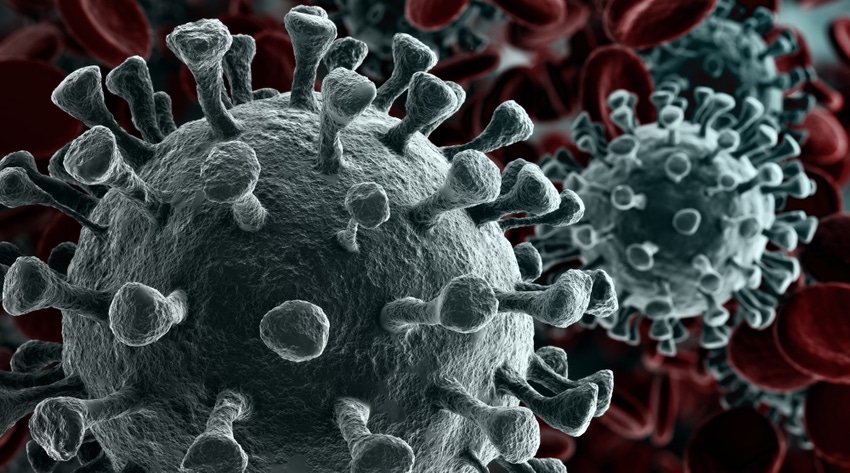In a move that has seemed inevitable for some time, the World Health Organization has characterized COVID-19 as a pandemic.
March 11, 2020

In a move that has seemed inevitable for some time, the World Health Organization has characterized COVID-19 as a pandemic.
Essentially this signifies that the virus is not in any way geographically contained and is being spread all over the world. In practice the WHO seems to be using the word to try to spur governments and organisations into more decisive action.
WHO has been assessing this outbreak around the clock and we are deeply concerned both by the alarming levels of spread and severity, and by the alarming levels of inaction,” said WHO Director General Tedros Adhanom Ghebreyesus. “We have therefore made the assessment that COVID-19 can be characterized as a pandemic.
“Pandemic is not a word to use lightly or carelessly. It is a word that, if misused, can cause unreasonable fear, or unjustified acceptance that the fight is over, leading to unnecessary suffering and death. Describing the situation as a pandemic does not change WHO’s assessment of the threat posed by this virus. It doesn’t change what WHO is doing, and it doesn’t change what countries should do.
“We have never before seen a pandemic sparked by a coronavirus. This is the first pandemic caused by a coronavirus. And we have never before seen a pandemic that can be controlled, at the same time. WHO has been in full response mode since we were notified of the first cases. And we have called every day for countries to take urgent and aggressive action. We have rung the alarm bell loud and clear.
“We cannot say this loudly enough, or clearly enough, or often enough: all countries can still change the course of this pandemic. If countries detect, test, treat, isolate, trace, and mobilize their people in the response, those with a handful of cases can prevent those cases becoming clusters, and those clusters becoming community transmission.
“Even those countries with community transmission or large clusters can turn the tide on this virus. Several countries have demonstrated that this virus can be suppressed and controlled. The challenge for many countries who are now dealing with large clusters or community transmission is not whether they can do the same – it’s whether they will.”
Ghebreyesus seems to have a point. He said the epidemics in China and South Korea are now in significant decline, the inference being that if they can control it, everyone else can too. “All countries must strike a fine balance between protecting health, minimizing economic and social disruption, and respecting human rights,” said Ghebreyesus.
That last statement probably encapsulates why the rest of the world hasn’t reacted more decisively. The measures required to contain the spread of the virus require a significant reduction in commercial activity which, understandably, governments and companies have been reluctant to implement unless absolutely necessary. The WHO is hoping using the word pandemic remove any hesitance they still have.
There are signs this is happening. Italy has pretty much locked down the whole country, while the UK today announced a bunch of measures designed to both combat the disease and cushion the economic blow. In the tech sector, the massive E3 games trade show scheduled to take place in June has been cancelled, while Google is recommending all its employees work from home for a month.
The long and short of it seems to be that, in the short term at least, we can no longer carry on with business as usual if we’re going to limit the effect of COVID-19. People will have to work from home, large gatherings will be cancelled and share prices will go down the toilet. But all of this will be temporary and once the virus is dealt with share prices will recover, events will be rescheduled and the world will keep on spinning.
About the Author(s)
You May Also Like








.png?width=300&auto=webp&quality=80&disable=upscale)


_1.jpg?width=300&auto=webp&quality=80&disable=upscale)


.png?width=800&auto=webp&quality=80&disable=upscale)